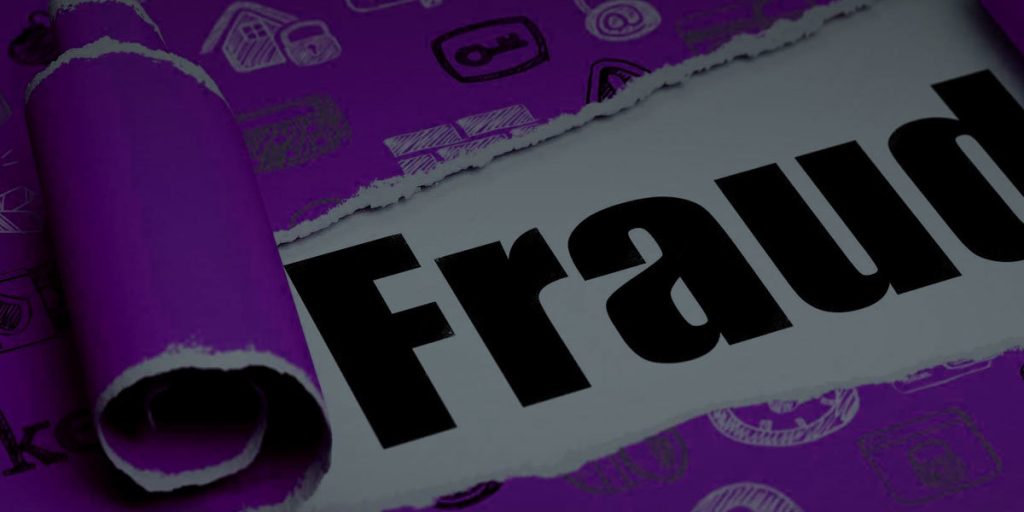Whenever you see a compliance claim, it’s wise to verify who is making the claim and what they are claiming, so you can decide whether the certificate is actually valid. If someone is claiming compliance falsely, especially a critical supplier, it shouldn’t be very difficult to figure out, either by questioning them or by conducting an on-site audit. In addition, if the company has been certified by a certification body then you can easily and quickly check the JAS-ANZ register (or equivalent register in their country) to see whether their certification body are an accredited organisation and you can then check with the certification body (often on their website) to ensure the certification is genuine.
Isn’t this getting a bit paranoid? Not really- Fraudulent and misleading activity is surprisingly common in the ISO certification world . The following links highlight some typical examples that are worth reading.
- Quick-thinking is the best defence against fraud – this article highlights the growing concerns relating to the malpractice with ISO certification with some organisations offering ‘unaccredited’ versions. (NB an offshoot of this organisation has been discovered by Heather operating in Australia)
- City Hall’s ISO certification gets nullified – this article discusses how the City Council of Nairobi lost its ISO certification after it was revealed that the company that awarded the certification had issued a bogus certificate.
Reducing the risks of outsourcing to overseas suppliers
When your organisation outsources part of its operations to an overseas supplier, there are some important issues you need to be aware of and manage to ensure that you mitigate risks, that service and production standards are maintained and you remain compliant to ISO and other regulatory standards.
- It can be notoriously difficult to get evidence from outsourced suppliers that they meet your minimum standards.
- Also unfortunately, in some regions routinely used for outsourcing by Australian companies, even when that evidence is sent and can be translated, it can be difficult to verify if it is genuine (i.e. ‘purchased’ certifications are rife in Asia and other areas).
- If getting evidence of certification is your only evidence of due diligence in terms of outsourced products and services, you and your business are at risk in terms of your legal liability in the case of supplier malpractice or a recall for example.
Outsourcing is here to stay, but there ARE ways to minimise risk in using outsourced suppliers (both in Australia and overseas), and for critical products and services it is vital that this is done.
Advice on how to avoid supplier certification traps
- Don’t trust certificates
- Instead: Request and review current and up to date annual audit reports of the factory’s ongoing ISO compliance and that their quality control systems relevant to your operation are of a consistent good quality.
- Appoint an inspection agent to work and act on behalf of your organisation on site. It is important that your organisation appoints an independent person and doesn’t use a supplier- appointed one as they may be biased.
- Even if there is full compliance this does not absolve the supplier of the need to undertake a pre-shipment inspection to ensure that the actual quality has been maintained for each shipment.
- Sometimes the only way to be sure of the quality of outsourced goods is to perform independent testing on a sample of delivered goods either internally or through an Australian testing lab or other relevant entity. This is by far the strongest argument that you have met your due diligence requirements to verify the quality of outsourced goods.
Finally
The bottom line is that if you use suppliers whose certification turns out to be bogus, it will be your company’s reputation which will be damaged, not theirs. By verifying the legitimacy of claims of certification, or by doing your own audits and testing, in the case of a serious issue with your product or service caused by a supplier, you will be able to demonstrate your due diligence in having verified them as a source of the highest quality.
At Integrated Compliance Solutions, our ISO consultants can assist your business in implementing an integrated management system. This may include an OHS management system, ISO 9001 quality management system, environmental management system and the like. For more information, speak with our expert team today.


